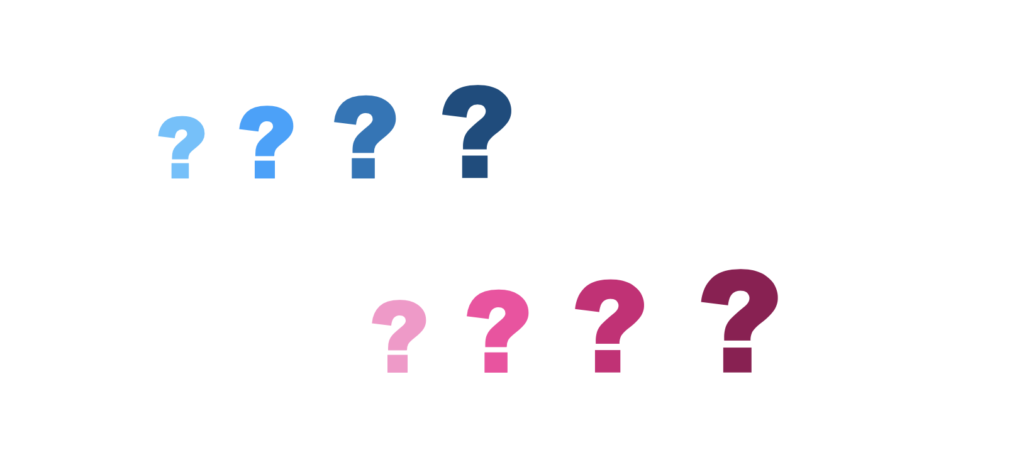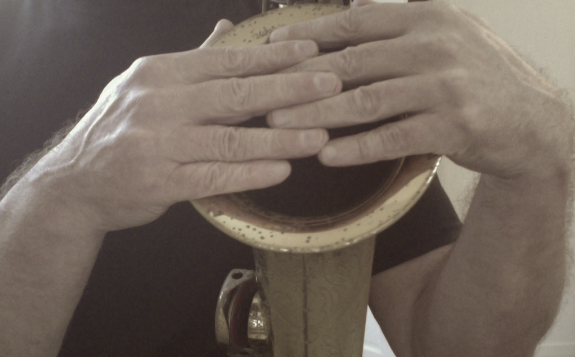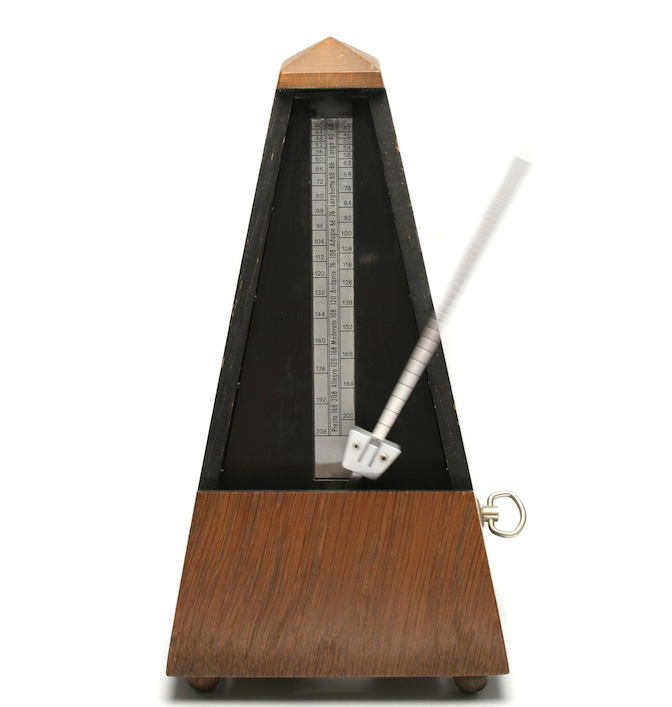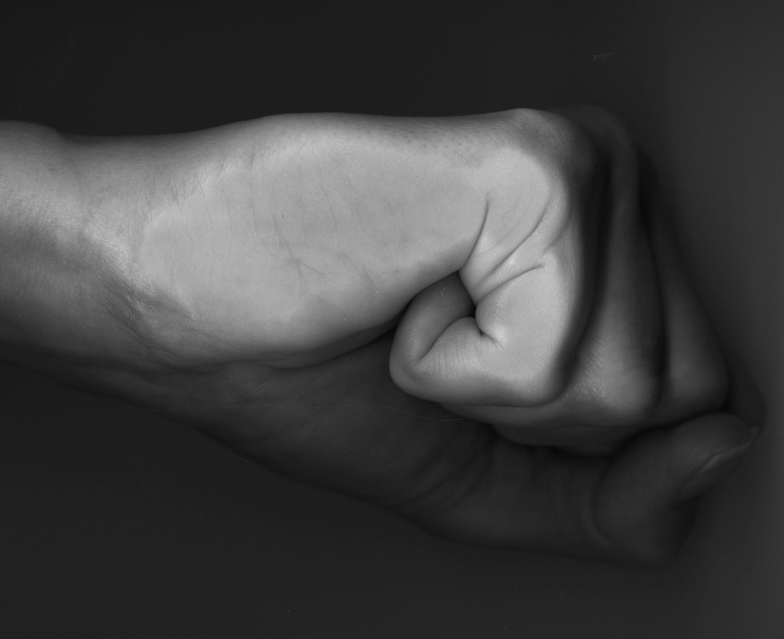
Prescience– The fact of knowing something before it takes place.
-Oxford English Dictionary
As a species, we human beings crave predictability in perhaps the most elegantly complex ways. And indeed, some of our most remarkable achievements reflect the ability to predict and manage our futures.
This is a mostly a good thing, of course.
But if you’re pursuing artistic skill and development, this need for predictability can be a double-edged sword.
On the one hand, being able to control the medium that you work with is essential for your artistic expression (and satisfaction!) And knowing you can control this medium is a form of predictability that is often the aim of your long hours of practice.
On the other hand, I think it’s important to keep in mind that as long as you continue to grow as a performing artist (and as a human being, for that matter), you must step into the unknown.
You have to let go of predictability.
This is something you do whether you are willing to or not, or whether you are conscious of it or not. It’s a fundamental truth about how things work in the world.
It’s impossible to always know.
You must constantly edify your ideas of what is “right”, and what works or doesn’t.
If you reflect upon it long enough, you’ll realize that what was “right” at some point in your musical development (whether technical, mechanical, or aesthetic) isn’t “right” anymore.
It is this continuous edification that you gain from study, practice, reflection, performance (and sometimes even frustration/dissatisfaction) that is part and parcel to your path to greater realization of your expressive potential.
Nobody likes feeling uncertain as they pursue work. We all like to feel that we are unfailingly on the right path, never wasting an ounce of effort in our pursuit. The picture of efficiency.
This of course is simply not true.
Your progress as a musician is most definitely not a straight in the conventional sense. Rather, it’s a line that moves up and down, up and down…But as you stand back and take a look at the entire pattern over time, it has an upward tendency.
That’s how growth works.
So I think it’s important to realize in this process of growth that you might not always feel certain about what to do. This might be with respect to pedagogy, mechanical/equipment issues, aesthetic principles or even specific skills.
I’m more than okay with that, and I encourage you to be, as well.
As long as you can keep your curiosity and passion lively, trust that you can dwell in uncertainty until you eventually move closer toward your goals. It’s largely a matter of observing your efforts and thoughts in simple, methodical and discerning way:
“Am I clear (or could I be clearer) about what I want?”
“Am I actually getting what I want?”
“If I’m not, then what’s keeping me from getting what I want?”
“What am I actually doing with myself as I pursue what I want?”
(These last two question are emphatically explored in the Alexander Technique)
So I invite you to embrace uncertainty when it arises in your musical development. Sit with it for awhile. Let it marinate. Let yourself not know. Let yourself even be wrong, for that matter.
Above all, know that the uncertainty is not an obstacle, by ultimately, might be just what you needed. Trust that the mistakes you make when you are uncertain might not be mistakes at all, but stepping stones into a beautiful new world.
I’ll leave you with one of my favorite quotes from one of my favorite musicians, Thelonious Monk, overheard when he was trying to help one of the musicians in his band who himself was stuck in his progress:
You’re making the wrong mistakes. “
When you allow yourself to step into the unknown, you also allow yourself to make the “right mistakes”. The ones that will lead you to what you want.



